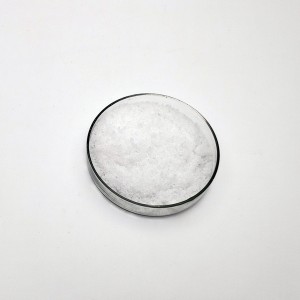Is lanthanum carbonate hazardous?
Lanthanum carbonate is a compound of interest for its potential use in medical applications, particularly in the treatment of hyperphosphatemia in patients with chronic kidney disease. This compound is known for its high purity, with a minimum guaranteed purity of 99% and often as high as 99.8%. Additionally, it has very low levels of heavy metals, with up to 0.5ppm lead, and virtually no arsenic, making it a safe and reliable choice for medical use.
In terms of its safety, lanthanum carbonate is not considered hazardous when handled and used with proper procedures. The heavy metal content of this product is well within the safe range, and the maximum lead content is 0.5ppm, which is well below the acceptable threshold. Additionally, no arsenic was detected in the compound, ensuring it poses minimal risk to human health. These specifications make lanthanum carbonate a suitable and safe choice for medical and pharmaceutical applications.
The microbial quality of lanthanum carbonate also meets high standards, with microbial content well below acceptable limits. The maximum content of this compound is 20 CFU/g, which is significantly lower than the allowed 100 CFU/g, making it ideal for use in medical environments that require strict quality control. These specifications ensure that the product is not only effective for its intended medical use, but also safe and reliable, meeting the quality standards required for pharmaceutical applications.
In summary, lanthanum carbonate is a high-purity compound with low levels of heavy metals and microbial contaminants, making it a safe and reliable choice for medical and pharmaceutical uses. Its purity of at least 99% and extremely low levels of heavy metals and arsenic, combined with its low microbial content, make it a suitable choice for applications such as the treatment of hyperphosphatemia in patients with chronic kidney disease. These specifications ensure that lanthanum carbonate meets the safety and quality standards required for medical and pharmaceutical uses.
